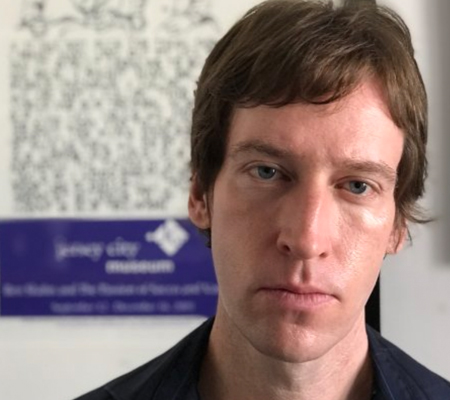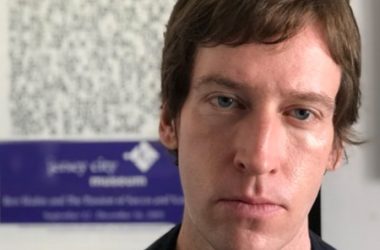By Jon Curley
The dynamic power of so many prison memoirs, acounts, and anecdotes is paradoxically reliant on the monotony and stasis of the prison environment. The fertile conscience keeps mobile despite the body forced to be stuck and remote. Or rather, the mind manages to rove as spirited resistance against the inertness of incarceration. I just finished reading Kenyan activist and artist Ngugi wa Thiong’o’s new prison memoir Wrestling the Devil in which he recounts being jailed in the late seventies by the Kenyatta regime for writing a play for peasants (!). Many phrases struck me in this powerful volume but none more so than this: “Besides being an insurrection of a detained intellect, the writing of a novel has been one way of keeping my mind and heart together.” Amen. I suppose this incentive to resist actively and artistically is true for so many prisoners, particularly political prisoners, artistic political prisoners–an international phenomenon among nationalists and, better yet, internationalists. Ngugi is the paragon of dissidence and defiance, so too Bartolomeo Vanzetti; for each prisoner, granting authority to multiple languages in order to undermine the dominating social, political, cultural realities becomes a kind of freedom and relieves the unremitting brutality to which they and so many others have been, are, and will be subjected.


